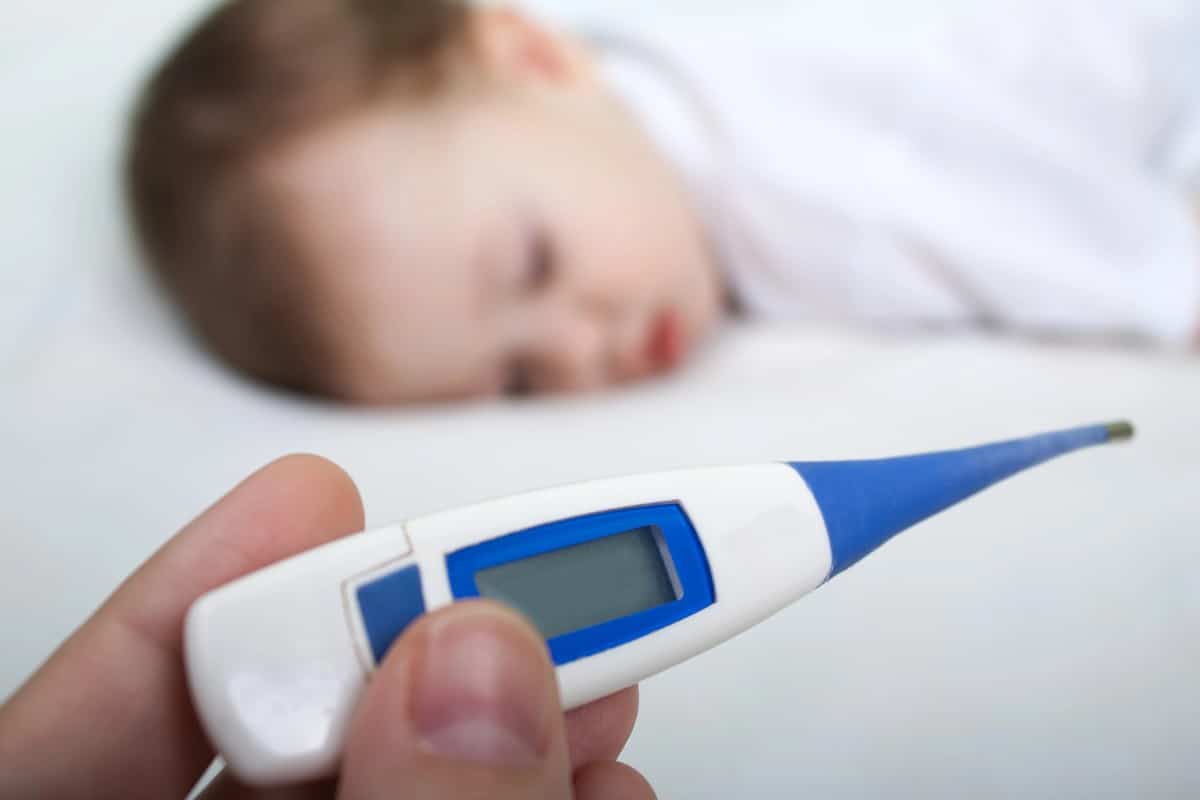ECDC warns of rise in Haemophilus influenzae cases

The European Centre for Disease Prevention and Control (ECDC) has noted a significant increase in confirmed cases of invasive disease caused by Haemophilus influenzae in 2022, reaching 3,967 cases. This figure marks a significant increase compared to the previous two years: 1,694 cases were reported in 2021 and 1,849 in 2020.
The rise in cases, as noted in the 2022 annual epidemiological report on the virus, “has been observed in parallel with the lifting of Covid-19 restrictions and measures, as pathogens have returned to circulation, suggesting a correlation between the two events.”
The worst affected age group is children under one year old, and the second worst affected age group is people aged 65 years and older. In particular, there was a slight increase in Haemophilus influenzae type b (Hib) cases in 2022, accounting for 9.1% (211 cases) of total cases, compared to 7% (153 cases) in 2018. Invasive Haemophilus influenzae is a bacterium that can cause serious bacterial infections, especially the type B (HiB) strain.
Infections can range from mild respiratory illnesses to serious invasive diseases such as meningitis and septicemia. The disease affects both children and adults, with young children being at greatest risk. Haemophilus influenzae type B is the leading cause of meningitis deaths in the unimmunized population.
Safe and effective vaccines against Hib have been available since the 1980s, and all EU and EEA countries include these vaccines in their routine childhood immunisation programmes. Vaccination has significantly reduced the incidence and virtually eliminated meningitis caused by the bacteria in infants and young children.
According to national recommendations, all children are recommended to receive the Hib vaccine before the age of six months and a booster dose at the age of one year.
